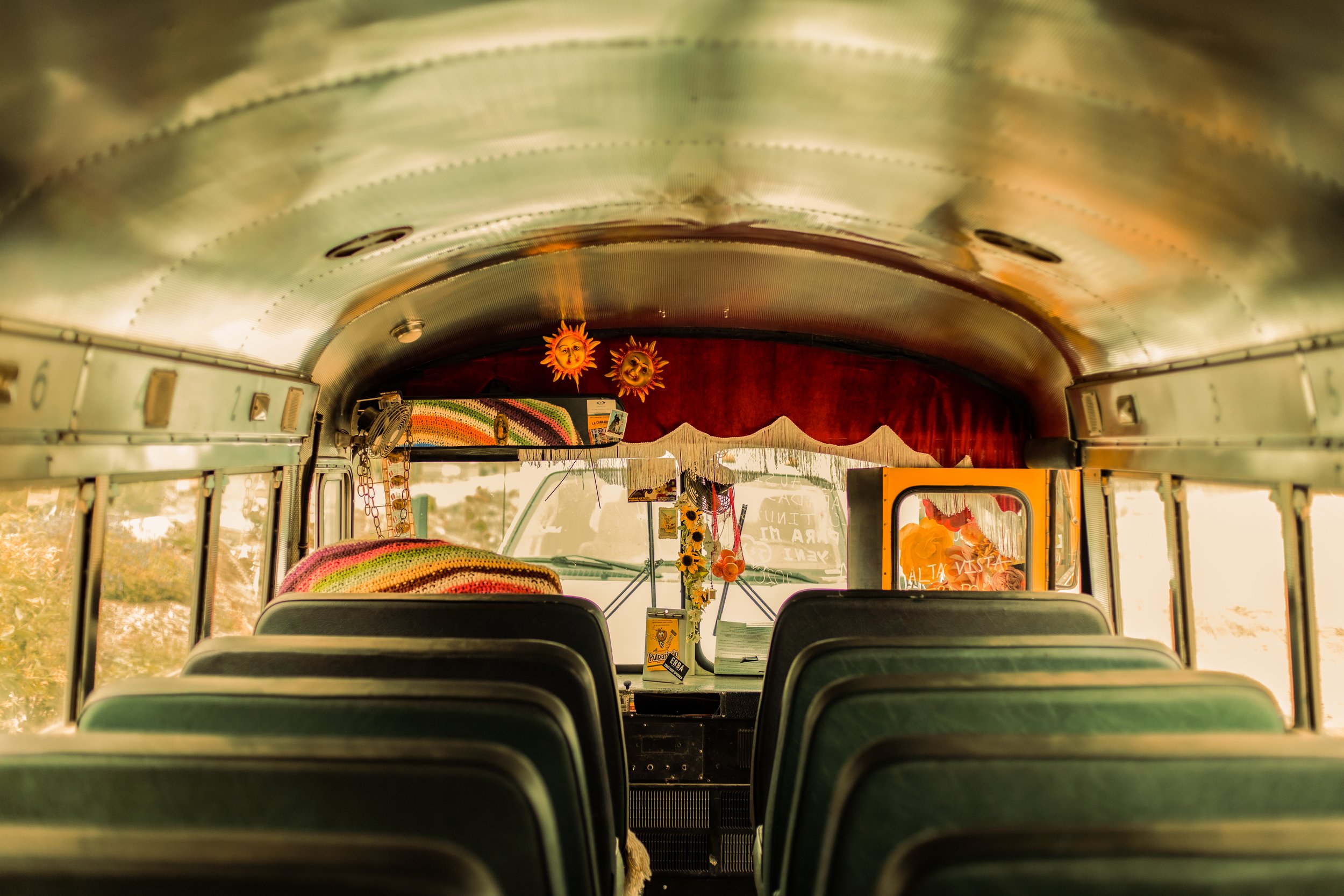
GÜICHO
A short film by Hugo Arvizu
Somewhere in northern Mexico, a seventeen-year-old aspiring musician finds himself in the middle of a drug war where he must choose between his family and his life.
In the north of Mexico, Güicho, a 17-year-old kid in a small town, wants to be a musician, and plays in buses to make some money on the side. He also sells drugs in order to help his family. His father, a police officer, starts a war with the cartel that puts the town in danger. Güicho has now to decide wether to follow his father or stay with the cartel. Either way, his life, and his family’s life is in danger.
DIRECTOR’S STATEMENT
Growing up in Tamaulipas, Mexico in the early 2000’s, I grew up during a very violent government, in one of the most violent cities in my country at the time. I got to experience things when I was 10 that a kid shouldn't even think of. Thankfully, I was lucky enough to perhaps not be right in the middle of the mess, but I got to be very close to the crossfire. many of my friends and family, however, did go through more difficult experiences. Güicho to me is a film that tries to shine a light in an issue that still happens today and want to make people aware of it. While this is a fiction story, to those who actually lived and went through an environment like this, it might just sound like the story of any kid.
To me, Güicho is a film about family, not drug cartels or war. I want to show how this environment affects every family in Mexico, and the problems we face inside the house while everything outside is falling apart. It was very important to show the family’s dynamic, because I believe in most families, the mom is the core and the heart of them. The mothers of Mexico are the ones who keep their families together. Because of this reason, I decided to have as many female head departments as possible.
I realized at the very beginning of preproduction that my director of photography, my production designer, and my assistant director were women. This is because I had already worked with them before, and so I chose to try to find as many women as possible to be part of my crew, which was also 100% Latin Americans. I wanted to have people who know or have an idea of the violence that my country lives everyday. People from Venezuela, Chile, Argentina, Colombia, definitely know what the fear of walking on the street at night feels like. They definitely know the fear of watching your country fall apart. This, to me, was important on set because I wanted everyone to understand the heaviness of the story.
Having this crew lead to a great time on set, where everyone knew why they were there. I also believe the energy that women bring on set is so much more enjoyable. I’m so happy and thankful for all my crew, and for the women who made this story come true.






